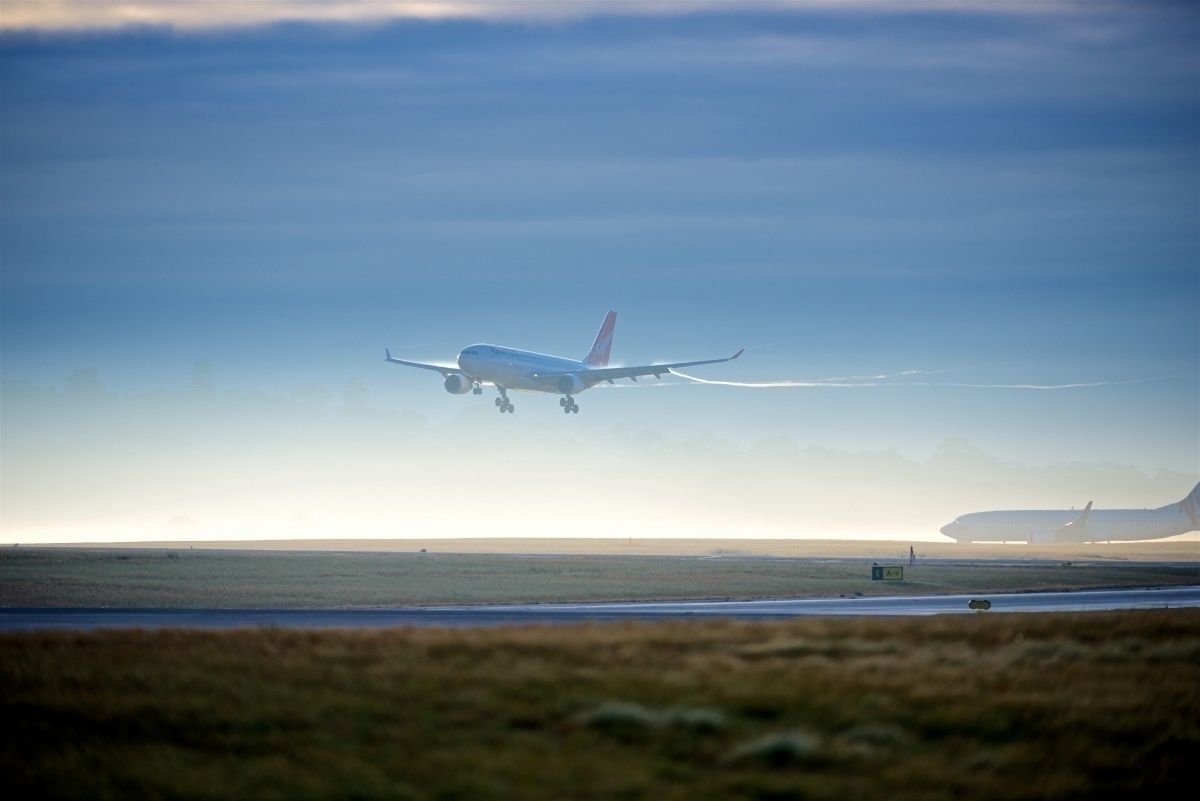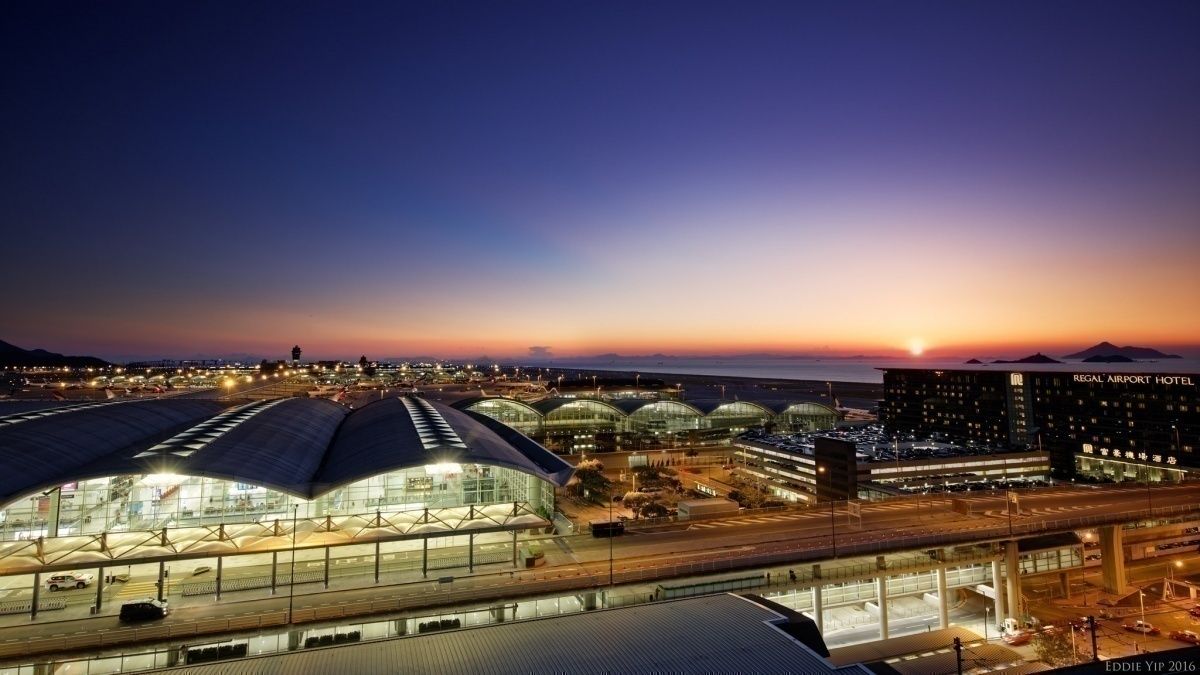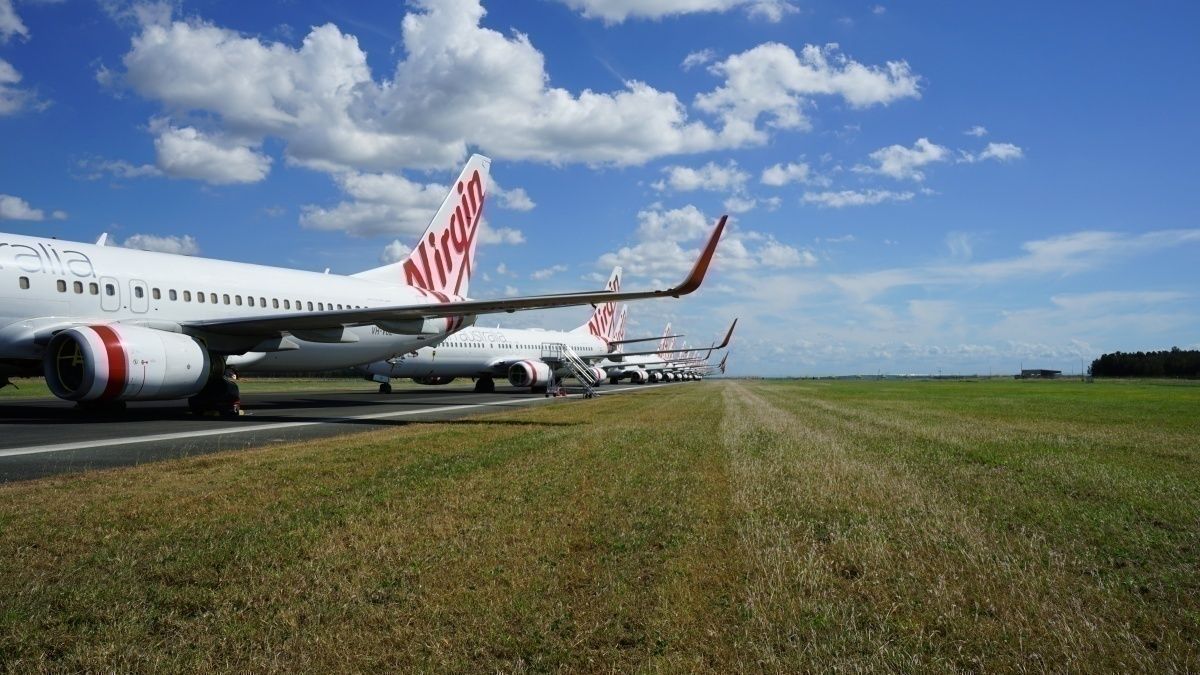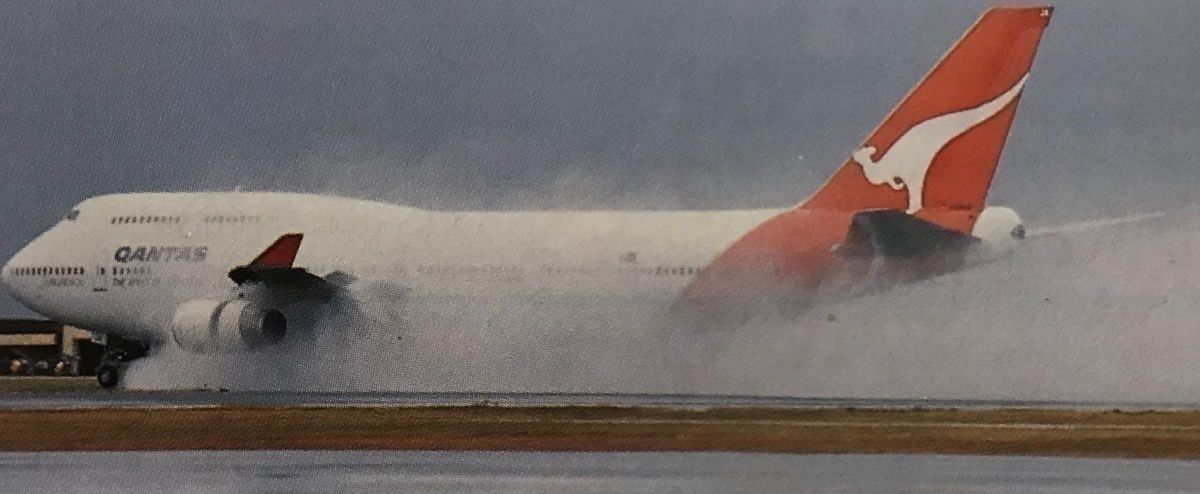As COVID-19 brings the aviation industry to its knees, some unlikely bedfellows are emerging. The aviation industry covers a raft of stakeholders - airports, airlines, suppliers, governments, and passengers. Each stakeholder needs the other to survive and prosper in the industry. But relationships often can be fraught.
The relationship between airports and airlines is a good example. Airports provide the infrastructure and airlines provide the traffic. But airports act as landlords and airlines as tenants. As such, things aren't always rosy.
Previous bad blood is forgotten
A consortium of Australian airlines, suppliers, and other airport users has conducted a long-running campaign against what they say are airports abusing their monopoly powers.
And who doesn't enjoy sitting on the sidelines and watching a good brawl? But COVID-19 has had a big impact on all these stakeholders. As a result, stakeholders have pushed aside much of the previous bad blood. There's a new "let's get through this together" message from many airlines and airports. Given what we're used to, it's nice but just a little weird.
During the COVID-19 crisis, it's the financial woes of airlines that attracts most of the attention. But airports have taken a big hit too. Not all, but a significant portion of an airport's revenue is determined by the number of passengers that pass through the terminals. That's been slashed.
In February 2019, 5,879,000 passengers passed through Hong Kong Airport. Twelve months later, in February 2020, the number was 1,883,000, a fall of 68.0%. The situation has only worsened since then. Hong Kong has banned non-citizens from both entering the territory and transiting at the airport.
But two days ago, the embattled airport issued a USD$260 million relief package for airlines and aviation support services. A Hong Kong Airport spokesperson said,
“During this difficult time, (Hong Kong Airport) has been trying its best to support business partners. As an integral part of the aviation industry, the AA is also facing a significant shortfall in revenue because of the traffic plummet."
Stakeholders help each other out in Brisbane
Down south, in Australia, Virgin Australia is down to operating a single daily return service between Sydney and Melbourne. It is also running some government-subsidized repatriation flights and passenger services to strategically important international hubs.
Granted, these regular international passenger services are minimal - two return services a week to both Hong Kong and Los Angeles. But they are running those services out of Brisbane, giving their home airport operator a boost. It's sorely needed revenue too. Airports might be empty of passengers but they still need to maintain the runways and pay the utilities.
While not commenting on specific requests from airlines, a spokesperson from Brisbane Airport did told Simple Flying that,
"Brisbane Airport Authority has been actively supporting its airline partners through a number of initiatives, including free aircraft parking and working with them to review other fixed costs such as offices and lounges.
"Our approach in these challenging times remains as it always has; to work in partnership with our airline and commercial partners, ensuring that we can all bounce back from the current challenges as quickly as possible."
Airline boss stresses the importance of working together
In media interviews in past weeks, Virgin Australia CEO Paul Scurrah has repeatedly stressed the importance of everyone working together. He said he had been advocating the Australian government for relief packages. These packages were to support the wider aviation and tourism industries, not just his airline.
He noted the symbiotic relationship across the wider industry. Last week, he even supported relief for arch-rival and critic Qantas.
Qantas mixes toughness with conciliation
Qantas has been criticized this week over reports they were not paying rent at airports. Qantas confirmed to Simple Flying that they will not be making aeronautical payments for February and March but will be resuming payments from today. The airline wants to discuss repayment plans for the amounts outstanding when business gets back to normal.
A Qantas spokesperson told Simple Flying
“Airlines have been hardest hit by government travel restrictions and our suppliers including airports have been very understanding the acute difficulties that all airlines are facing.”
While Qantas has decided not to pay rent on leased areas like lounges and office space from 1 February, they are continuing to pay security charges at airports.
Qantas told Simple Flying that the airline continues to have constructive and ongoing conversations with a variety of suppliers, including airports.
"Everyone connected to aviation is having to bear the brunt of demand for air travel evaporating," the Qantas spokesperson said.
Sydney Airport declined to comment.
Not best mates but everyone needs each other to succeed
The various stakeholders in the aviation industry may not be best mates, but they recognize that each needs the other to succeed. By being generous in these straitened times, stakeholders like Hong Kong Airport, Qantas, Brisbane Airport, and Virgin Australia not only help prop each other up, they build goodwill and strengthen relationships.
Down the track, when things get back to normal, that will probably pay off.




